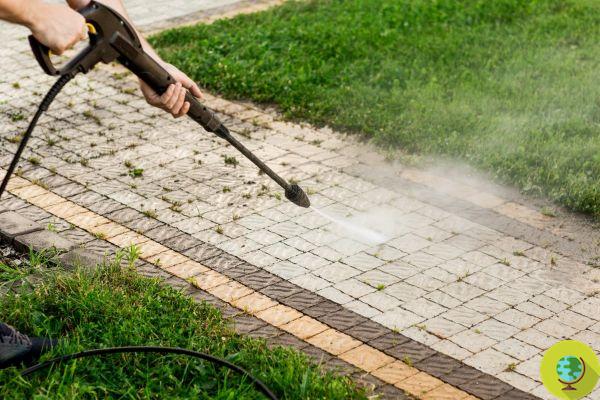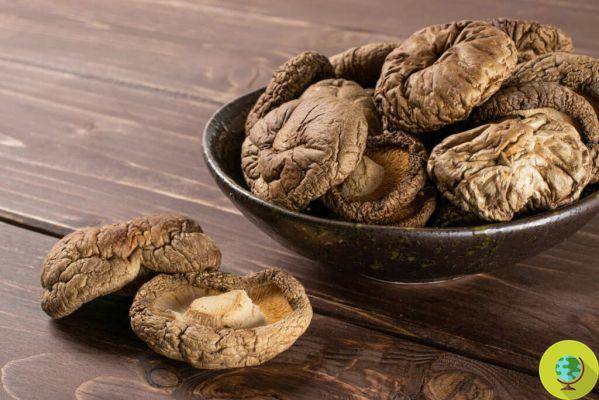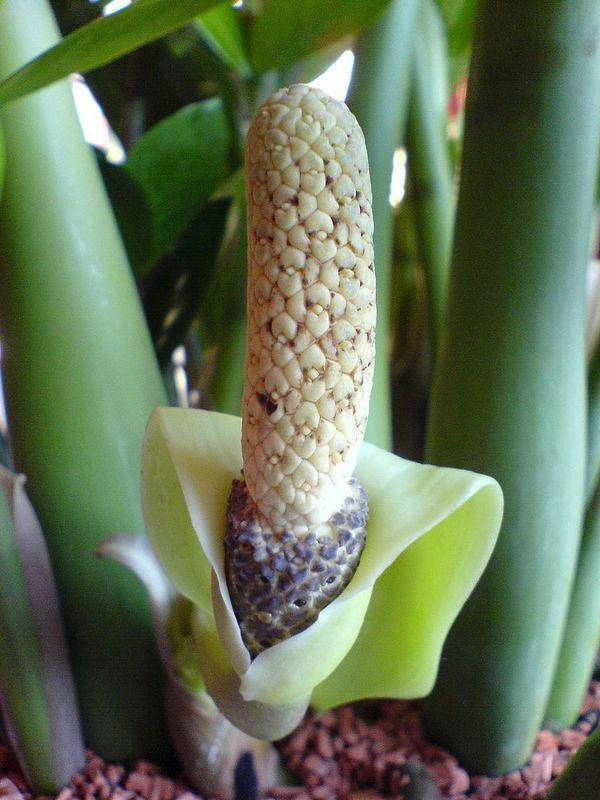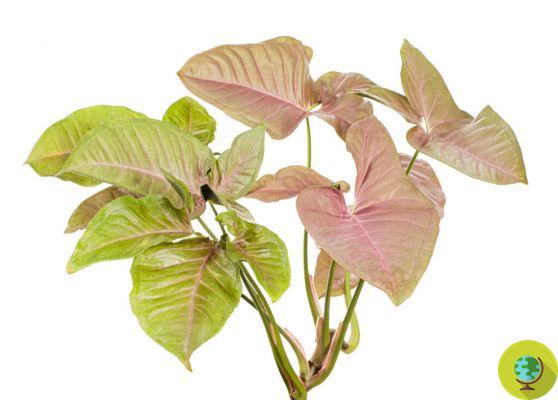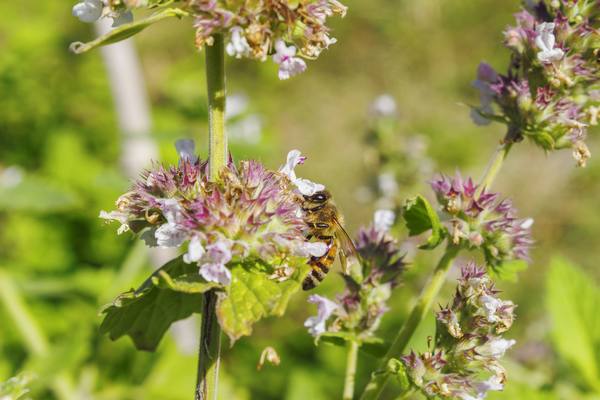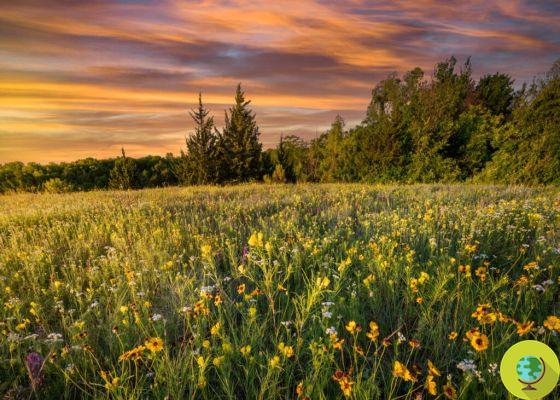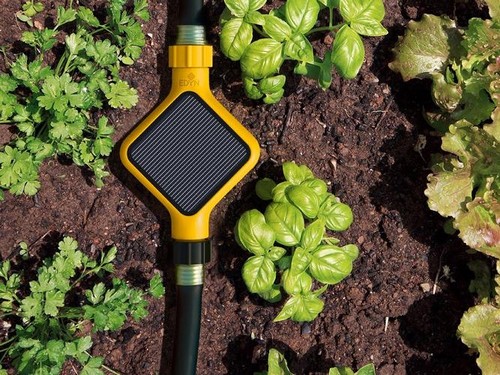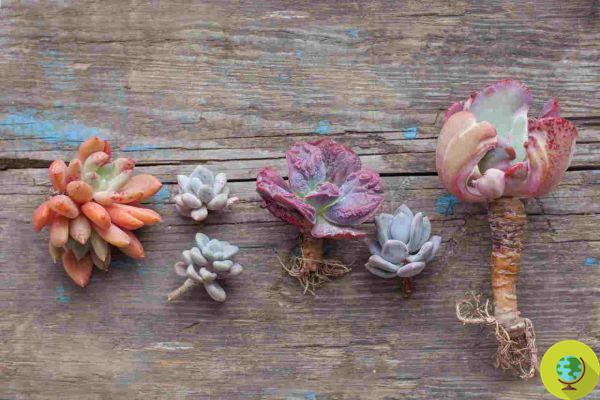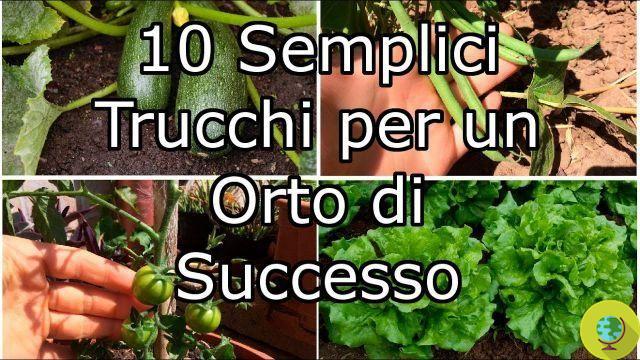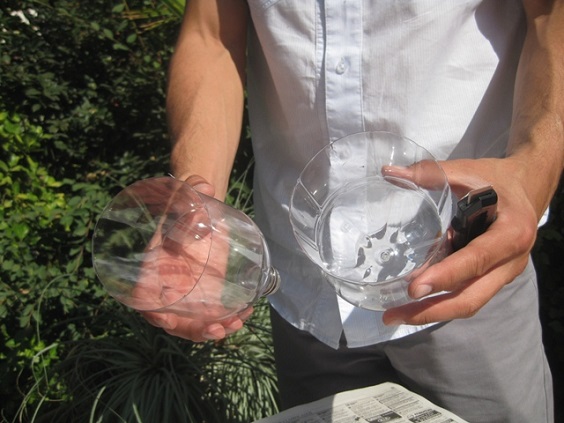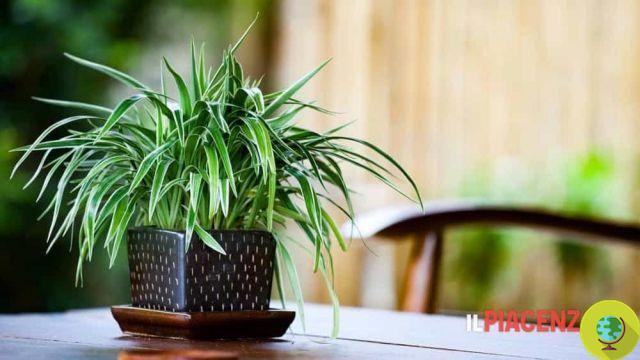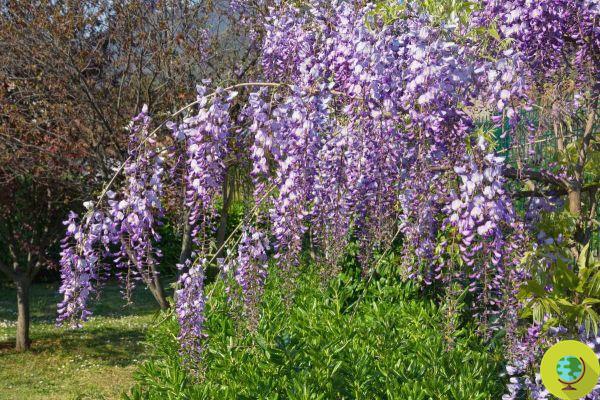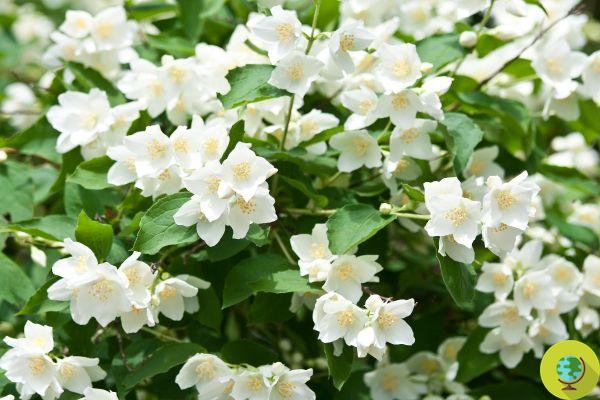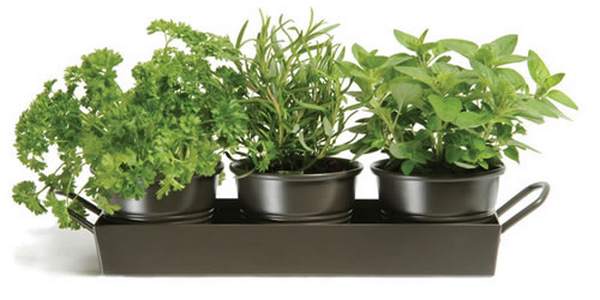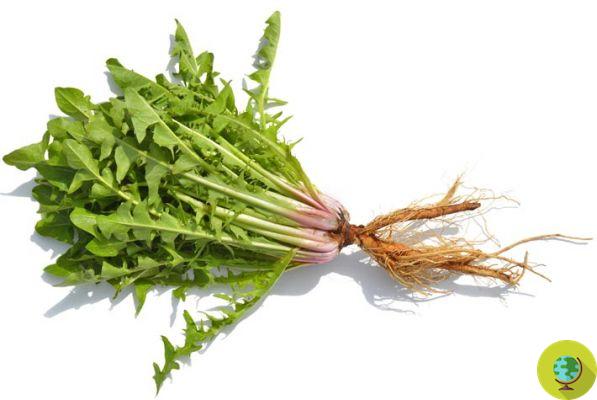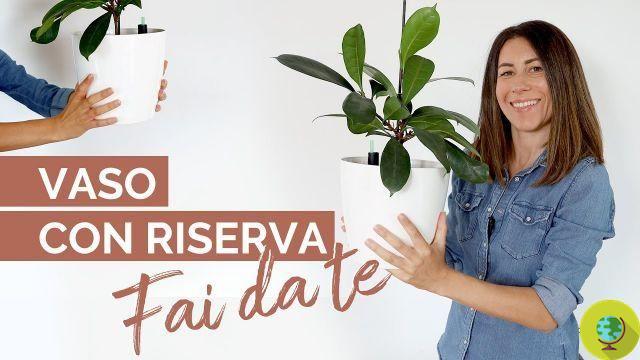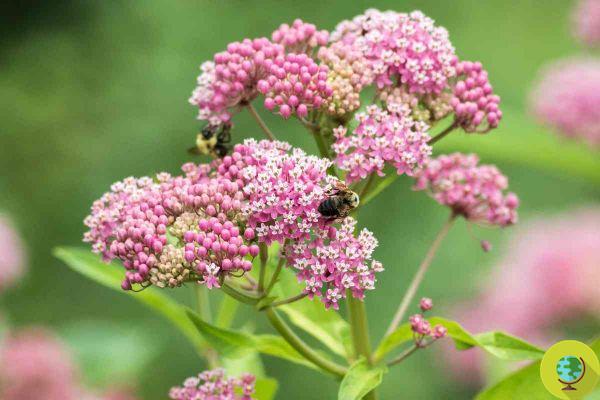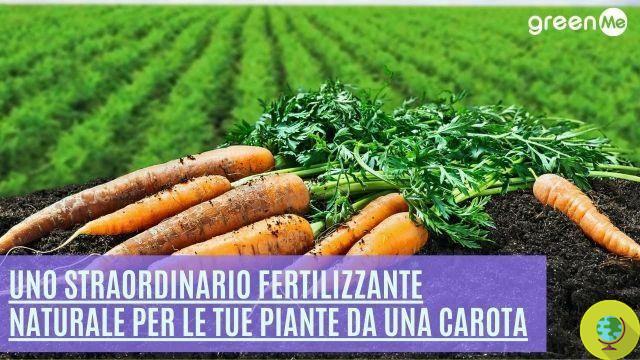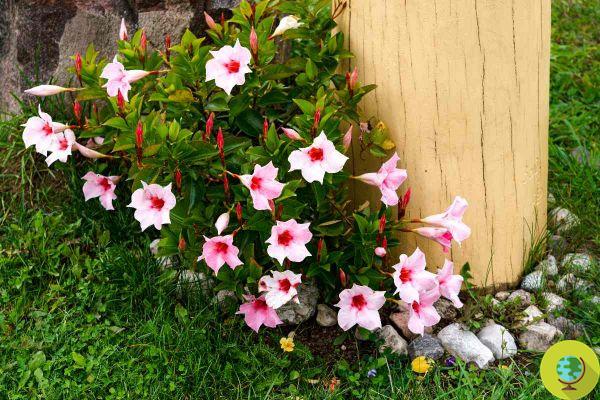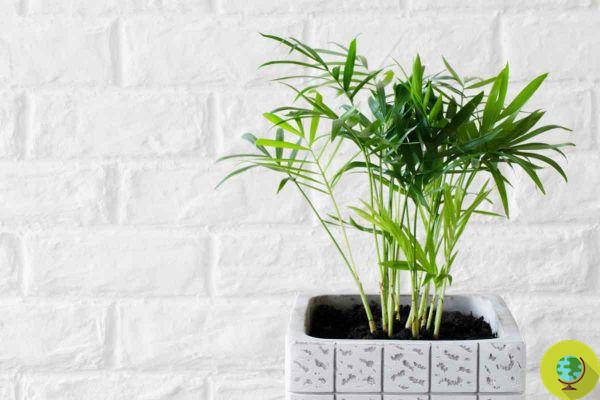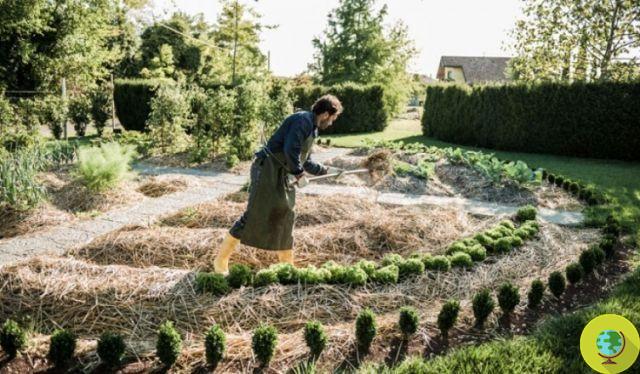
Growing a natural vegetable garden is really beneficial. With the arrival of spring you can start cultivating your first vegetable garden. Get ready, choose the right place and get everything you need to start cultivating. You will need suitable soil or pots with soil, natural fertilizer, seedlings and organic seeds. Here are many useful tips to start growing your natural garden.
He is about to end up run over, his mother saves him
Growing a natural vegetable garden is really beneficial. With the arrival of spring you can start cultivating your first vegetable garden. Get ready, choose the right place and get everything you need to start cultivating. You will need suitable soil or pots with soil, natural fertilizer, seedlings and organic seeds. Here are many useful tips to start growing your natural garden.
1) Place
First choose a suitable and convenient place to reach to cultivate your vegetable garden. You are lucky if you have a garden that you can turn into a vegetable garden at your fingertips. You will have to get to work tilling the soil and fertilizing it naturally. Alternatively, go in search of urban gardens, shared gardens or social gardens in the place where you live. Or, share the cultivation of the garden with friends or relatives who already have one or who already have a suitable space to cultivate. Don't forget the possibility of growing a vegetable garden on the balcony.
2) Dimensions
If you are a beginner, the advice is to start with a small vegetable garden. You may have a lot of space and a fairly large plot of land, but it's better start making a limited area arable, which is within the reach of your time and effort. Then gradually as you become an expert you can enlarge your garden. Even in the case of the garden on the balcony you can start with a few pots of herbs and then expand.
3) Compost
Organize your garden in order to have a space to dedicate to composting. In this way you will be able to obtain natural fertilizer based on organic waste and reduce your food waste. Depending on where your garden is, you may find space for an outdoor compost bin or a DIY balcony composter.
Read also: Home compost: 5 ways to transform waste into fertilized soil
4) Ground
Thanks to the natural compost you can enrich your soil, to which you can add grass and leaves. The leaves will be useful for covering the land not cultivated in winter in order to protect it but at the same time enrich it with completely natural nutrients thanks to the decomposition of the organic material. If there are gods in your land earthworms, that's a really good sign. You will also need earthworms for your balcony compost bin.
5) Organic seeds
Choose the best seeds and plants to grow in your garden. Give preference to seeds and plants that are as organic as possible. The seeds from organic farming they are easily found in most nurseries. Do not forget the possibility of self-producing seeds and exchanging seeds, of growing vegetables from scraps and aromatic herbs for cutting.
Read also: 10 vegetables to buy once and grow forever
6) Sowing and transplanting
Always inquire about the most suitable time of year for sowing and transplanting to be done in your vegetable garden. Remember that it is preferable to sow and transplant early in the morning or even better in the evening, so that the younger plants are not hit too hard by the sun. The advice is to prepare seedbeds to grow seeds in a sheltered place from which to obtain seedlings to be transferred to the garden.
7) Correct watering
For water saving it may be useful to use a drip irrigation. In any case, it is very useful to know that the ideal time to water the plants both in the garden and in pots is in the evening. Furthermore, the water must be directed directly onto the ground and towards the roots without wetting the seedlings and their leaves, which could damage and rot. Empty the saucers often to avoid stagnation.
8) Weeds
Do not use synthetic herbicides in your natural garden. To avoid weeds you can use the technique of mulch. To reduce the appearance of weeds, you can make boxes in which to grow your vegetables and tile the paths that you will need to move around your garden.
Read also: Garden without water: how to grow with wood chips
9) Parasites
If you want a completely natural crop consisting of healthy food, do not use synthetic pesticides in your garden. You can protect plants from external attacks by strengthening their synergies with the right associations between vegetables. A very useful trick is to plant garlic heads here and there in the garden which will serve as natural protection for the plants against insects and diseases.
Also Read: 12 DIY Organic Fertilizers And Pesticides Against Garden Pests
10) Harvest
The harvest is one of the most rewarding moments of garden cultivation. After so much care, your garden will reward you with flowers, fruits and vegetables to pick. Better never tear vegetables and herbs directly with your hands, but intervene gently with the help of scissors. Some vegetables, such as cabbages and salads can regenerate: do not uproot them but harvest them by cutting at the base with a sharp knife. If you take care of it with passion, your garden will bear fruit for a rich season.
Marta Albè
Read also:
We are looking for grandparents to cultivate organic gardens
How to grow organic fruits and vegetables without spending money
Vegetable garden without water: how to grow with wood chips




